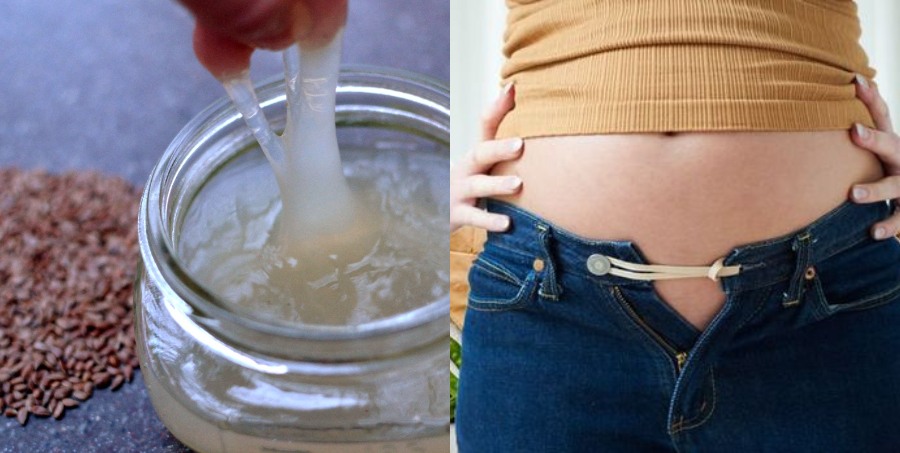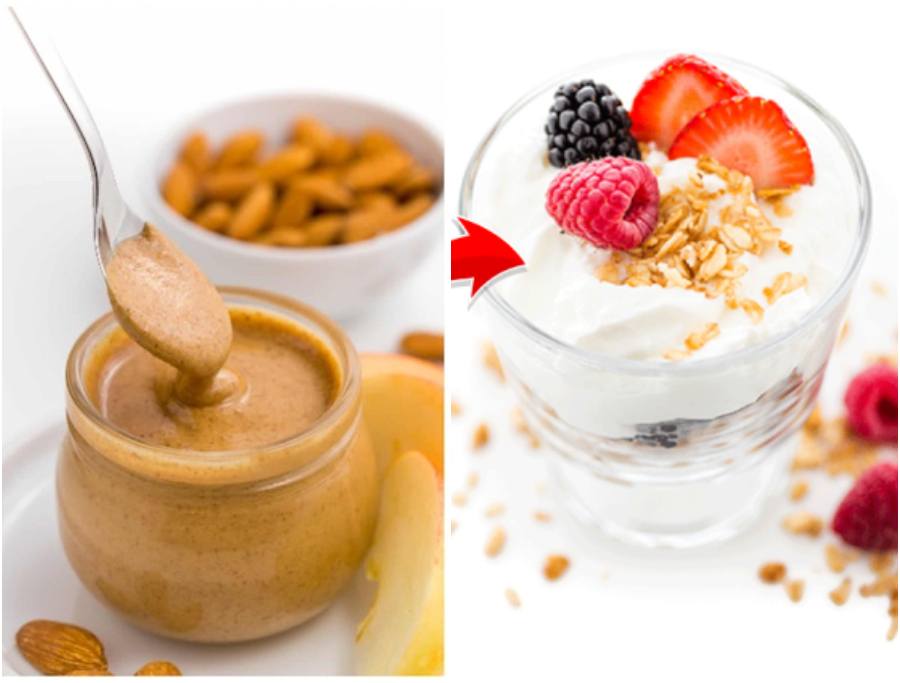In this post, we would turn our focus at certain methodological aspects of our daily workout regimes. A lot of us complain that in our sincere commitment to lose weight, we sometimes end up losing muscle mass as well – and that is a pretty sad setback. You have your fitness goals and have set your sight to achieve those pretty flat abs that you have been working hard on to get and then you end up losing your muscle mass while trying to shed unwanted pounds. Well, most fitness pundits argue that the main reason behind this mishap is that the majority of us who hit the gym regularly aren’t fully aware as what to do and what not to when we are working out and as an unfortunate consequence, we end up losing muscle mass. So, we shall try to enlist some work out wisdom that would be most prudent to bear in mind so as not to lose muscle mass while working out to lose weight. So, let us begin:


1. Do not reduce the amount of weight that you lift: This is perhaps one of the most popular myths and essentially baseless. It has been doing the rounds for years now and when you are focused on losing weight, you should switch to lower weights in order to get higher reps. There is no scientific explanation behind this fib. If I were to deconstruct the myth, it would go something like this – if you are entirely new to weight exercises, then as you reduce the amount of weight you can lift, what you essentially end up doing is you do not add any more muscle mass to your body – your body muscle stays in the same state – and as you continue on this regime, you not only lose your weight but also your muscle mass. So, do not fall for this urban gym legend.
2. Do not overtrain: It follows from the previous point in a way. It is one thing to reduce lifting weight and a completely different thing to be indifferent to your weekly workout volume. What I mean by workout volume is the number of times you lift weights (without reducing the weights themselves) per workout session or the total number of times you go to the gym to lift weights per week. It has been shown that if one is not judicious of the weekly workout volume that can have really undesirable consequences including loss of muscle mass along with body weight, so practice discernment.

3. Cutting back on calorie intake/carbs: It is believed by most of us that if we deprive our body of calorific food items or carbs, that will automatically create an energy deficit and with regular workouts, our metabolic rates would increase considerably thereby burning the unwanted fat stored in our body, but this approach is too oversimplified. Our physiology doesn’t work that way. We actually might be running the possible risk of forcing our body to meet/bridge the aforementioned energy deficit by burning our muscle tissue – thereby reducing our muscle mass.
4. Keep your carbs as high as possible: As a consequence of the previous article, this is the most logical conclusion – although in isolation, it might appear rather bizarre and bereft of any common sense. But if you are working out to lose weight and build muscles, science and logic dictates that you should increase your carbohydrate intake and then burn the resultant carbs at the altar of the gym. Your sacrifice in sweat and hard work would be blessed with the gift of an envious bod.
5. Consume greater amounts of proteins: It is an established and well known fact that if you are planning to build muscles you need to consume more proteins. However, it might come as a surprise to some of us that it is actually advisable to continue on a high-protein diet even when our main workout objective is to lose weight and maintain/retain our current muscle mass. The reason is rather simple – if you are on a high protein diet even if your workout eats into your muscle storage, there’s protein readily available to make up for the loss. So, a high protein diet is very much advisable when you are trying to lose weight without losing muscle mass.
6. Diet breaks or Cheat Days: Last but not the least important point to remember is to take cheat days or “reefed: days. This is important for good health as well as for you to achieve your gym goals. The science behind this is simple; if you are cutting back on calorific diet for really long periods – you are just unnecessarily risking your body to start attacking your muscle storage to make up for the energy deficit – resulting in loss of muscle mass. So these cheat days are actually highly beneficial psychologically and physiologically.
We tried to present as comprehensive a list as possible and we really hope that you benefit from it and sticking to its advises. Well dear readers, tell us what you think of today’s article in the comments section below. And as always, stay beautiful, fit and happy.





